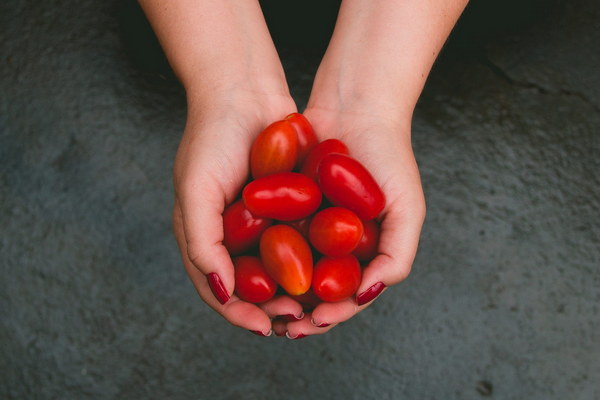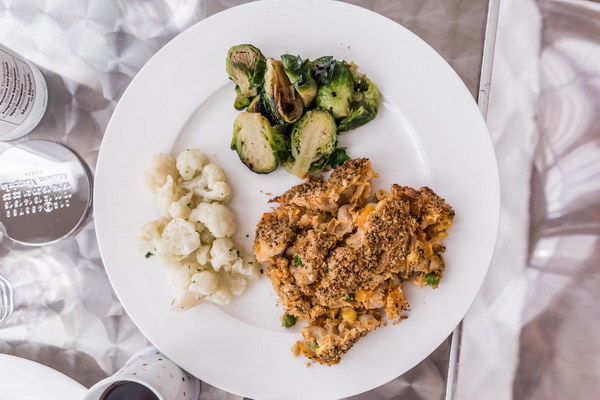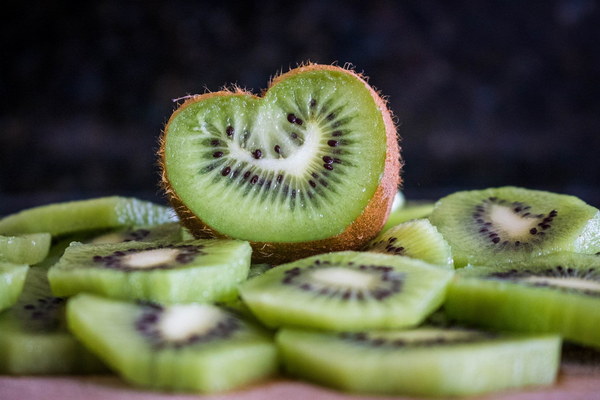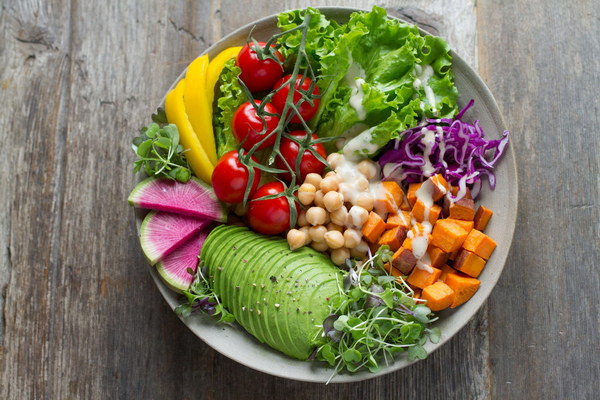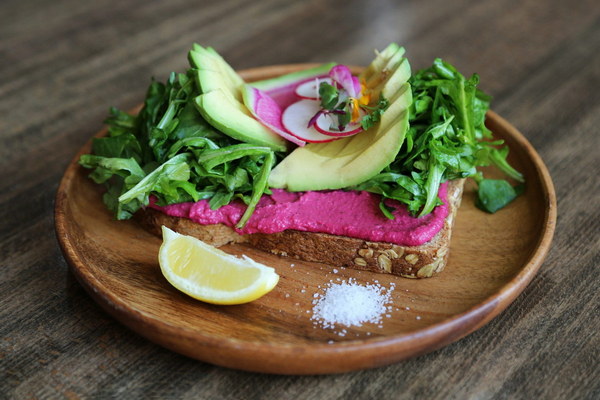Sweat the Winter Away The Ultimate Herbal Tea for Moisture Removal
In the depths of winter, the cold air can seep into our bones, bringing with it a host of discomforts, including dampness and mucous congestion. This is where the magic of winter moisture-wicking herbal teas comes into play. These teas are not just a soothing drink but a natural remedy to combat the winter blues and keep you feeling refreshed. Let's delve into the world of winter moisture-wicking herbal teas and discover how they can transform your winter days.
The Science Behind Moisture Removal
Winter is characterized by cold, damp conditions that can lead to a build-up of moisture in the body. This excess moisture can manifest as fatigue, a lack of energy, and even more severe health issues such as arthritis and respiratory problems. The key to staying healthy during these months lies in natural diuretics and astringents that can help the body eliminate excess fluids.
Top Winter Moisture-Wicking Herbs
1. Peppermint: Known for its cooling properties, peppermint can help soothe a sore throat and reduce mucus congestion. It is also an excellent diuretic, aiding in the elimination of excess fluids.
2. Lemon Balm: This herb is a natural antiviral and astringent, making it perfect for reducing inflammation and clearing up mucus. It's also a gentle nervine, helping to calm the mind and relieve stress.
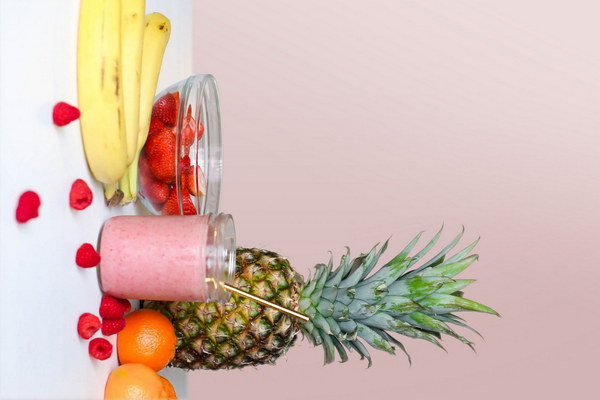
3. Dandelion: A powerful diuretic, dandelion can help flush out excess fluids and support kidney function. It's also rich in vitamins and minerals, boosting overall health.
4. Nettle: Nettle is an excellent blood purifier and diuretic. It can help reduce inflammation and support the immune system, making it a great addition to winter teas.
5. Cinnamon: While not a diuretic, cinnamon is a warming spice that can help increase circulation and improve digestion. It also has natural antimicrobial properties, which can help ward off winter bugs.
How to Make Your Winter Moisture-Wicking Tea
To make a rejuvenating winter moisture-wicking tea, simply follow these steps:
1. Gather Your Herbs: Collect equal parts of peppermint, lemon balm, dandelion, nettle, and cinnamon.
2. Infuse the Herbs: Place a teaspoon of the herbal mixture in a teapot or cup. Pour boiling water over the herbs and let them steep for 10-15 minutes.
3. Strain and Enjoy: Once steeped, strain the herbs out and add honey or lemon to taste. Enjoy your warm, invigorating tea.
The Benefits of Regular Consumption
Regular consumption of winter moisture-wicking teas can offer numerous health benefits:
- Enhanced Energy Levels: By eliminating excess moisture, these teas can help boost your energy and leave you feeling revitalized.
- Improved Immune System: The natural antiviral and antibacterial properties of these herbs can help keep you healthy during the winter months.
- Detoxification: The diuretic effects of these teas can help flush out toxins from your body, leaving you feeling cleansed and rejuvenated.
- Stress Relief: Herbs like lemon balm have calming properties that can help reduce stress and anxiety, making them perfect for winter blues.
In conclusion, winter moisture-wicking herbal teas are a natural and effective way to combat the dampness of winter. With their diuretic, astringent, and immune-boosting properties, these teas can help you stay healthy, energetic, and happy throughout the colder months. So, the next time you're feeling the chill of winter, reach for a cup of this warming, moisture-wicking tea and let nature's remedies take care of the rest.




